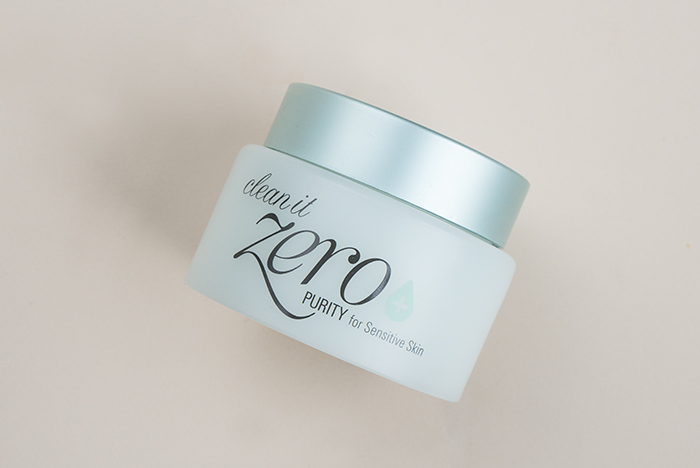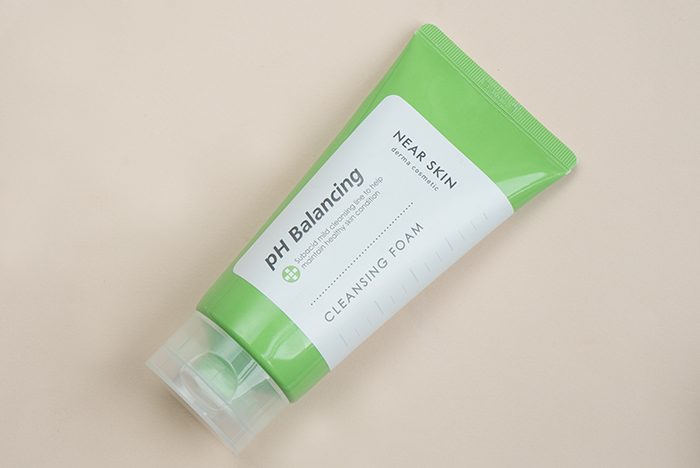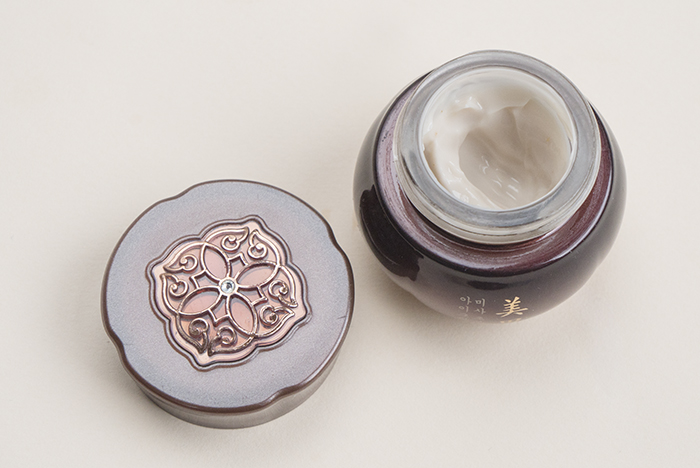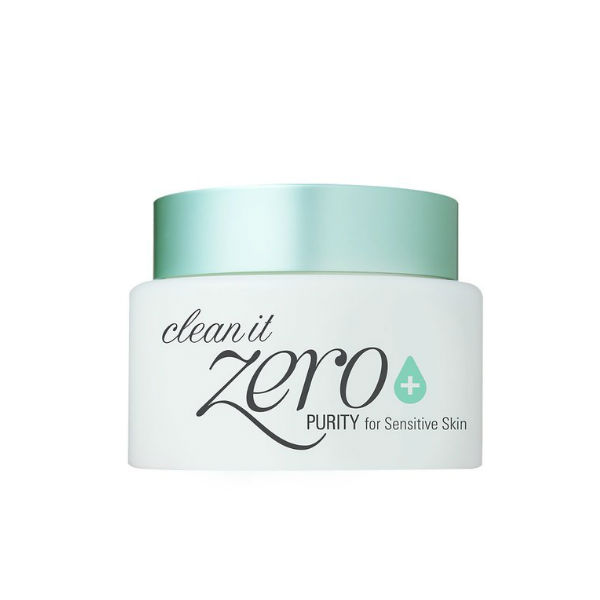What are the true K-beauty routine results? See what happened when one woman went from only using cleansing water to adopting a simple five step Korean skin care routine.
My sister and I came from the same line of thought as far as skin care goes—neither of us had too many drastic problems with acne (other than the occasional hormonal breakout) and did not fully understand the realities of dry skin. So we really approached skin care with a “if it ain’t broke why fix it” mentality, and ascribed to the easy swipe of cleansing water and not much else for our routines.
My own introduction to K-beauty came in parallel with pretty much an entire lifestyle transformation. After all, skin care is just one aspect. What we eat, how much we sleep, and so many other factors can hurt or help our skin. Once I had all the pieces in place—a great routine, healthier diet, and eight hours a night—I couldn’t believe how much better I looked and felt.
Of course, the reality is that this is much easier said than done. But I really credit the inspiration for my first steps toward an entire overhaul to those 15 minutes every evening that I devote to my skin care. Having that routine (even if it’s the only thing I do for myself that day) is really grounding and ultimately super relaxing. It is now the thing I look forward to every morning and night.
So for the holidays, I wanted to spread the gift that keeps on giving to my 19-year-old sister Clare. I started her out with these five basic favorites:
Double Cleanse


For oil cleanser, I gave her the one and only Banila Co Clean it Zero Purity. This oil cleanser is seriously amazing and part of my own arsenal of products I cannot live without. It’s great for those with all skin types, from oily to sensitive.
To follow, I gave her the Missha Near Skin pH Balancing Cleansing Foam, which is another universal product that is really gentle yet effective. Clare says: “Before, my skin would feel super dry after using micellar water, even if I followed it with the Aveeno Organics cleanser in the shower. Even when I sometimes would follow it up with moisturizer, it never felt satiated. My favorite thing about the pH cleanser—which I am now completely addicted to—is that I can feel the difference automatically. My skin is soft, supple and moisturized with none of the tight, dry feeling I had before.”
Essence

For essence, I gave her the fan favorite staple: Missha Time Revolution First Treatment Essence Intensive Moist. This is a great choice for skin care beginners because it’s watery and light, yet super hydrating.
“I like it because when I use it, it really soaks into my skin and helps the moisturizer stay on longer,” says Clare. “I don’t know that I feel the difference right away like I do with the cleanser, but I think this step helps the other products work more effectively overall.”
Eye Cream

So far, I had given her some pretty standard staples of K-beauty, but I felt that this eye cream could be a hit, even with a beginner. The Missha Misa Cho Bo Yang Eye Cream is the best for fixing dry skin and dark circles, utilizing ingredients from ancient medicine like ginseng, deer antler, and even gold. “The ginseng is really strong and you can tell it’s really working” she says. “I think it’s great to have a mix of products and I like how refreshed it makes me feel and look.”
Moisturizer

As we all know, the K-beauty space is always changing and growing, so unfortunately, the original moisturizer I gave her is sadly no longer around. However a worthy alternative that is almost even better than the original moisturizer I gave her is the new Hanskin Vstra Toning Water-Radiance Cream. Hanskin is notorious for its anti-aging technology and I think this moisturizer will become a new fan favorite. The secret ingredients? Squalene and hyaluronic acid. These trending ingredients really get the moisture into your skin and help smooth out fine lines.
Here’s what Clare says: “My pores are so much smaller! I used to be self conscious about how they looked and love not having to worry about that. I really think having a proper moisturizer has helped immensely. Not to mention the amazing glow my skin now has.”
Before and after:

The left photo shows Clare before starting her K-beauty routine and the right photo shows her three weeks after adopting her routine. “I thought I had combination skin because my cheeks were really dry, my nose constantly oily, and my T-zone had so many blackheads,” she says. “Now my skin is really smooth and consistent. I’ve been wearing a lot of makeup lately and eating unhealthy food and I have only one hormonal pimple but no other concerns flaring up, which is seriously great.”
For a lot of beginners the number of products, and even the idea of a routine can be overwhelming. But even my sister, who is the queen of all things low key, loved the five step K-beauty routine.
“I love things that are low maintenance and even though there are five steps, I love having the a fairly easy routine with great results,” says Clare. “It can be overwhelming with all of these products I’ve never used before, but in reality it takes only five minutes that in the long run make a serious difference.”
Note to beginners: Add things in gradually. “I was careful to see how my skin responded and made sure to test the products overnight on my arm before jumping into the routine,” says Clare. “Next on my list is to find a good SPF BB cream for everyday wear since I’m typically not a big makeup person.”
Bottom line:
Skin care routines make seem overwhelming, but five minutes can really and truly make a huge impact in your health and self-care. Just give yourself those few extra minutes and you won’t believe how much better you’ll look and feel. Skin care isn’t just for experts, it’s really for everyone who’s open to trying it out. My sister has literally become a skin care junkie overnight thanks to these five amazing products.
















